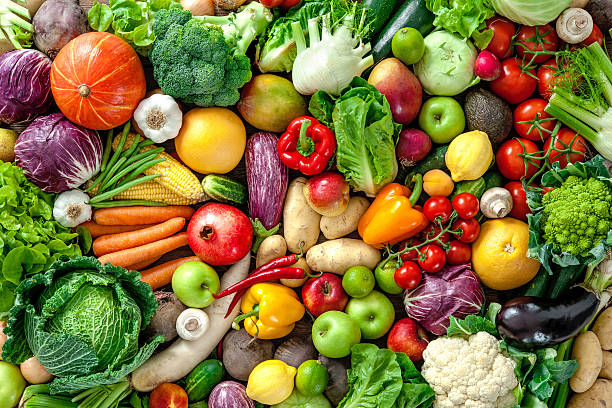Welcome »
FOOD RECOMMENDATION
Posted by Cyril Grither on April 28, 2023


So that “Heart Failure Patients” can live more or less normally and avoid re-hospitalizations, we must relieve the efforts that their hearts must make. To do this, the quantity of water contained in their blood is reduced so as to reduce its volume as much as possible in order to relieve the work of their heart. To help they take diuretics and avoid the consumption of liquids and salt which retains water in the body (1 molecule of salt, retains 8 molecules of water). Re-hospitalizations are often due to salt consumption, particularly during holiday meals (smoked salmon, oysters, etc.). Regular salt consumption can cause serious problems in the short term.
Heart Failure is often due to a heart attack that is not treated in time, with part of the heart muscle being necrotic, the heart can no longer provide the normal effort required of it. It is therefore important to avoid a second heart attack which could worsen the disease or even be fatal. As a heart attack is caused by a buildup of fat (bad cholesterol) on the walls of the arteries, particularly the coronary arteries, it is important to reduce the intake of bad fats in patients' diets as much as possible in order to avoid a new accident. cardiac.
The following instructions should therefore be observed.
Salt : The diet must be low in salt. The authorized daily dose is 4g, this intake is naturally provided by foods (vegetables, meat, fish, bread, etc.), it is therefore advisable not to salt anything when cooking. The salt shaker is prohibited on the table.
The salt should be replaced with spices and herbs.
Stock cubes should be avoided, as well as soups and broths (water + salt).
Prepared foods, canned foods, cured meats and cold meats are prohibited. (occasionally, canned vegetables can be eaten provided they are rinsed first).
Asian sauces: soy, nuoc mâm, etc. are prohibited because of their salt content.
Fat : Animal fats are prohibited, as are certain harmful oils (palm oil for example). Sunflower, grapeseed, olive and walnut oil can be used in small quantities, avoiding overheating for cooking. Butter is prohibited, especially when cooking; margarines should be used in small quantities.
Sugar : Sugars should be limited as much as possible.
Spices : All spices are allowed and even recommended to replace salt during cooking and/or preparation.
Herbs : All are authorized and even recommended to replace salt.
Eggs : Consumption limited to 1 yellow per week. The whites, on the other hand, can be eaten as desired (for example, it is recommended to make an omelette with one yolk and several whites).
Chocolate : Authorized if more than 90% of cocoa.
Meats : Red meat should be limited to once a week, non-fat pork (filet mignon for example) can be eaten once a week. For stews, use lean meat that has been defatted before cooking and left to cool after cooking to remove the remaining fat before consumption.
For a stew, choose lean meats, and leave to cool after cooking to degrease before consumption.
Horse authorized under the same conditions.
Raw meat is allowed, but limiting the lipids that may accompany it (carpaccio).
White meat is preferred, chicken, turkey, rabbit, etc. Poultry must be skinless for cooking (the skin is prohibited for consumption because of its fat content).
Pisces : Fish is recommended, fatty fish such as: mackerel, sardines, salmon are preferred.
Raw fish is allowed.
Seafood : Seafood can be eaten occasionally with caution (6 oysters provided they are washed before consumption). Smoked salmon (and cured salmon in general) should be avoided, or consumed in very small quantities and only occasionally.
Snails are allowed but not cooked in buttered parsley.
Vinegars and colorings : allowed at will, especially balsamic vinegar as a salt substitute. Asian sauces (soy, nuoc man, etc.) are prohibited because of their salt content.
Dairy products : Yogurts and low-fat (skimmed) white cheeses can be consumed as desired, mature cheeses should be strictly limited (salt + harmful fat).
Others : Seaweed, dried fruits are allowed, nuts (especially almonds and walnuts) are even recommended
Juice : Authorized but to be limited because of the sugar and liquid they contain.
Vegetables and fruits : Consumption of fruits and vegetables is strongly recommended. Nuts are also recommended.Wine and alcohol : The consumption of alcohol should be avoided. Red wine, especially Bordeaux, is recommended at a rate of 3 glasses per day for men and 2 glasses for women